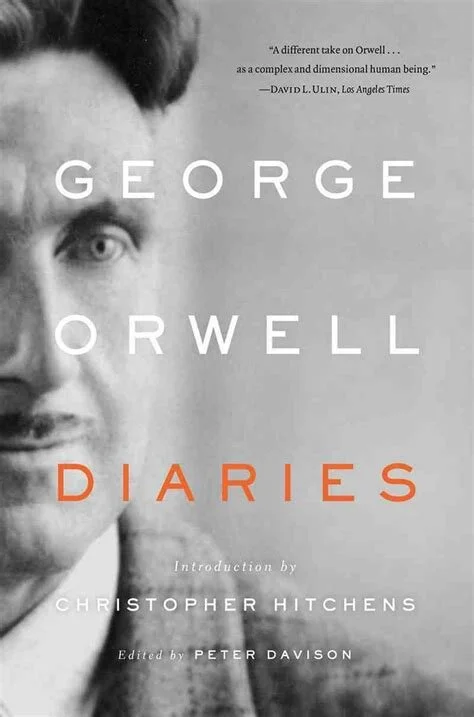Maurice Samuels’ “Alfred Dreyfus: The Man at the Center of the Affair”
Review by Dennis D. McDonald
This is a well-researched and clearly written story about the man at the center of the late 19th century’s scandalous railroading of an innocent French Army officer for treason "because he was a Jew."
I put “because he was a Jew” in quotes since the author goes to great lengths to peel back the many layers of what that meant in the late 19th Century. He provides historic detail of French society at the time along with a description of the ongoing and gradual integration of Jews into French society after generations of outright discrimination.
Note the word “gradual.” What is clear about the historical record is that, even as late as 1895 through the early 1900s, hatred and mistrust of Jews in France was still loud and pronounced. Some newspapers took the lead against Dreyfus by trumpeting harshly and loudly antisemitic sentiments via stories, headlines, and cartoons. When he was returned to France for a retrial, anti-Jewish demonstrations and violence were nation-wide even though evidence against him had been fabricated.
The author does try to disabuse readers of the notion that the "Jewish community" in France turned its collective back on Dreyfuss. For example, he repeatedly challenges Hannah Arendt’s take on the lack of Jewish support as presented in books such as her Antisemitism: Part One of the Origins of Totalitarianism.
While I’m no expert on this part of history, I think he's overly simplistic in his assessment of Arendt. Her perspective and range of perspectives I found to be breathtaking. Still, Samuel’s focus on Dreyfus does allow him to be balanced and even nuanced in his exploration of a complex and overly simplistic concept like “Jewish community.” Then as now there are many “communities” and Samuels does explore how different groups reacted differently to Dreyfus’ situation.
The author of this short book does not go into detail about why anti-Jewish sentiments were so broad. What's missing is discussion of the bizarre anti-Jewish beliefs and myths that exacerbated antisemitism. Reading Umberto Eco’s The Prague Cemetery or Will Eisner’s The Plot: The Secret Story of the Protocols of the Elders of Zion does provide some understanding of the deep seated and often very weird background to the railroading of Dreyfus. Another take on Dreyfus's situation is presented in Robert Harris' An Officer and a Spy, a fictional account of the Dreyfus affair told from the perspective of an officer investigating the case.
The author also attempts to relate the Dreyfus affair to the rise of Zionism, primarily through reference to newspaper editorials from several countries including the US. Given all the forces at play in explaining antisemitism and the various responses to it, it’s difficult to interpret Dreyfus and Zionism in terms of cause or effect, especially from our current point in history.
One value of this book is that it provides a nuanced view of Dreyfus. We learn about his upbringing, his personality, his education, and his bewilderment at his legal jeopardy. Importantly, the author explains how Dreyfus survived his incredible ordeal, only to face another round of dramatic and stressful retrial and public debate, along with disagreement among his family and advisors about how to proceed.
As I read this and the other books mentioned above I can’t help but become depressed at how deep-seated and irrational societal fear and hatred of “the other” are. This includes this book’s reported disdain of settled MIdwestern Jews in the US for the influx of Yiddish-speaking Eastern European newcomers. We see such similar circumstances in the current political climate here in the US where “immigrants” are the new “other” and therefor targets for politically inspired hatred and fear. Even if voters reject this, that hatred and fear will not soon disappear, just as anti-Jewish sentiments did not disappear in 20th Century Europe.
Review copyright 2024 by Dennis D. McDonald. Updated November 22, 2024.






























